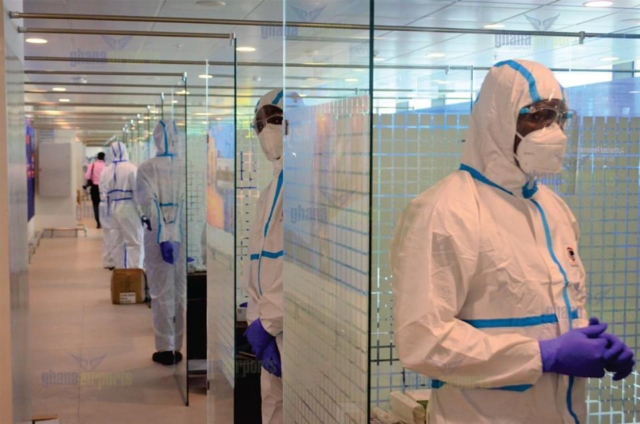After a year-long legal battle initiated by JoyNews under the Right to Information Act, the extent of the revenue imbalance that has favoured Frontiers Healthcare Services has come to light. Even though, in response to JoyNews’ original inquiry about the amounts generated and shared between the parties, the airport company noted that they couldn’t provide the information because “passengers paid directly to Frontiers Healthcare, providers of the service.”
Data finally provided by the Airport Company to JoyNews reveals that Frontiers got an impressive $84 million from arrival testing and an additional GHS 29 million ($3.5 million) from departure testing. In stark contrast, Ghana received a mere sum of under $6 million from arrival testing and GHS 1.5 million ($180,000) from departure testing during the same period.
This disproportionate revenue distribution shows that Frontiers claimed over 90% of the earnings, retaining 92% of income from arrival testing and a significant 94% from departure testing. Conversely, Ghana’s share was meagre, representing less than 10% of the total revenue, with just 7% coming from arrival testing and a mere 6% from departure testing.
The significant disparity in revenue allocation has provoked public outrage, leading Samuel Okudzeto Ablakwa, the ranking member on the foreign affairs committee of parliament, to submit a motion to the legislature, calling for an impartial audit of the contentious testing agreement between Ghana Airports Company Limited (GACL) and Frontiers.
Critics argue that Ghana’s minimal share indicates missed opportunities to allocate resources that could have strengthened the nation’s response to the pandemic, especially considering the economic hardships caused by COVID-19.
By: Raymond Acquah

